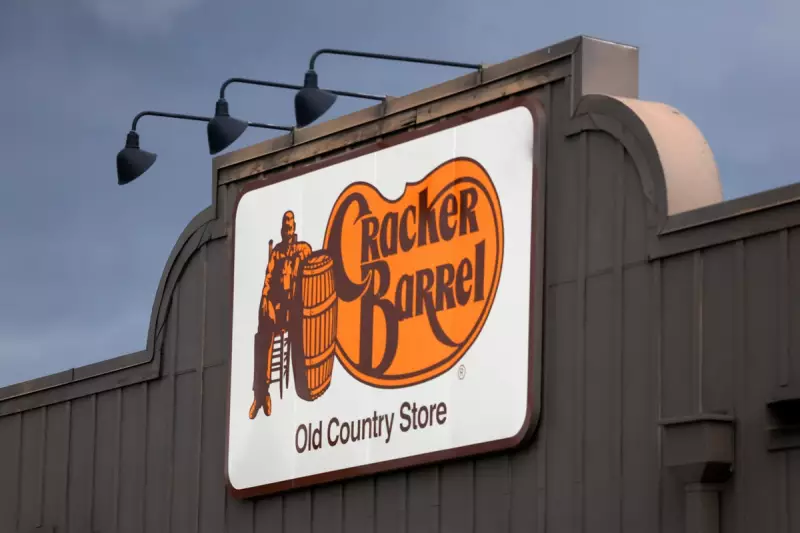
The iconic American restaurant chain Cracker Barrel has found itself at the centre of a political maelstrom after unveiling a subtle logo redesign and appointing a new chief executive. The changes have ignited fury among conservative customers, with many accusing the Southern-themed establishment of 'going woke' and threatening boycotts.
The Controversial Changes
Long known for its rustic country store aesthetic and traditional Southern fare, Cracker Barrel recently introduced a refreshed logo that maintains its familiar oval shape but features a slightly modernised font. More significantly, the company appointed Coleman 'Cole' Brown as its new CEO—a move that has drawn particular ire from right-wing commentators and customers.
Social media platforms have become battlegrounds over the changes, with prominent MAGA supporters leading the charge against what they perceive as the chain abandoning its traditional values. The backlash has been particularly fierce on platforms like X (formerly Twitter), where hashtags calling for boycotts have gained traction.
Customer Reactions and Business Impact
Longtime patrons have expressed outrage, with some vowing never to return to the establishment they once cherished. 'This is another example of a great American company surrendering to woke ideology,' one customer commented online, reflecting the sentiment of many protesters.
The controversy comes at a challenging time for the restaurant industry, with many chains navigating changing consumer preferences and political polarization. Cracker Barrel's situation highlights the delicate balance companies must strike between modernising their brand and maintaining their core customer base.
Broader Implications for Retail Businesses
This incident is the latest in a series of similar controversies where brands face consumer backlash over perceived political alignments. The Cracker Barrel situation demonstrates how even subtle branding changes can trigger significant political reactions in today's highly polarized climate.
Industry analysts will be watching closely to see how the chain navigates this crisis and whether the backlash translates into measurable financial impact. The episode serves as a cautionary tale for other heritage brands considering modernization efforts in an era where every corporate decision is subject to political scrutiny.





